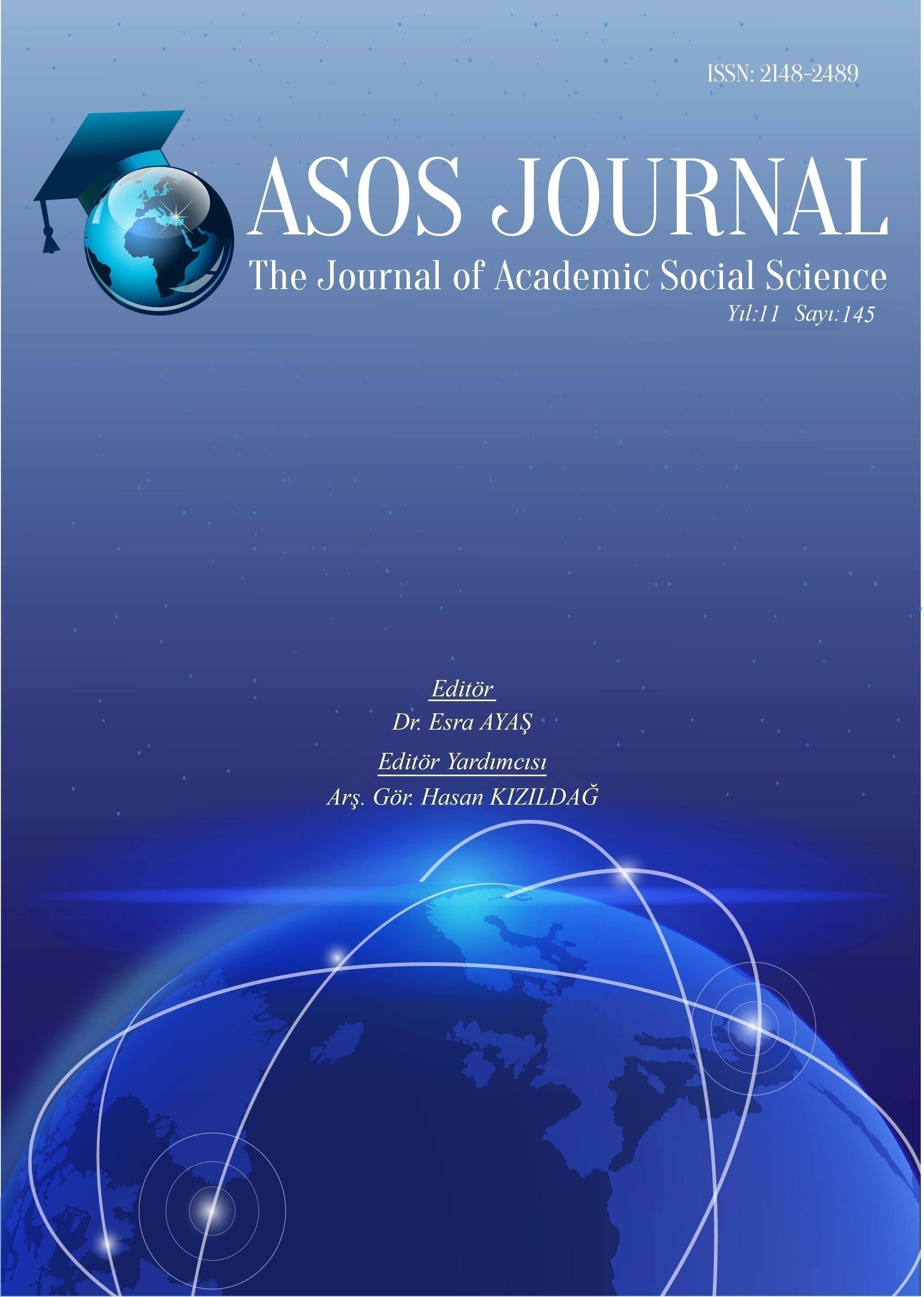Author :
Abstract
- Dünya Savaşı sonrası yaşanan Büyük Buhran ve ardından gelen II. Dünya Savaşı sırasında Nazi Almanya’sına karşı Sovyetler Birliği’nin komünist ideolojisinden herhangi bir rahatsızlık duymayan Amerika Birleşik Devletleri’nde sosyokültürel durum, Aaron Copland’in kariyerinde doğrudan belirleyici olmuştur. Bu bağlamda besteci, Amerikan ezgilerini uluslararası sanat müziği normlarında ve ayrıca dönemin orta kuşağında ilgi uyandıracak şekilde yaratmayı başarmıştır. Öte yandan II. Dünya Savaşı sonrası Amerika’da oluşan ve devletin iliklerine kadar işleyen komünizm paranoyasından o da dönemin birçok aydını gibi nasibini almıştır. Bu dönemde, başlarda karşı durduğu seriyalizme yönelen bestecinin hayatının birbirine zıt iki dönemi, Amerika’da uluslararası sanat müziğinin yani klasik müziğin en önemli dönüm noktalarından biridir. Ana hatlarıyla Crist (Crist, 2003), De Lapp (De Lapp, 2002) ve Birket’in (Birkett, 2008) yayınlarından derlenerek hazırlanan bu yazı, bestecinin bu iki zıt dönemine kısaca değinmiştir.
Keywords
Abstract
The sociocultural situation in the United States of America, which was not disturbed by the communist ideology of the Soviet Union against Nazi Germany during the Great Depression after World War I and World War II, was a direct determinant of Aaron Copland’s career. In this context, the composer succeeded in creating American melodies in the norms of international art music and also in a way to arouse the interest of the middle generation of the period. On the other hand, like many intellectuals of the period, he was also affected by the paranoia of communism that emerged in America after World War II and penetrated the very bones of the state. In this period, the two opposite periods of the composer’s life, who turned towards serialism, which he initially opposed, are one of the most important turning points of international art music, that is, classical music in America. This article, compiled from the publications of Crist, De Lapp and Birket, briefly touches upon these two contrasting periods of the composer’s life.





